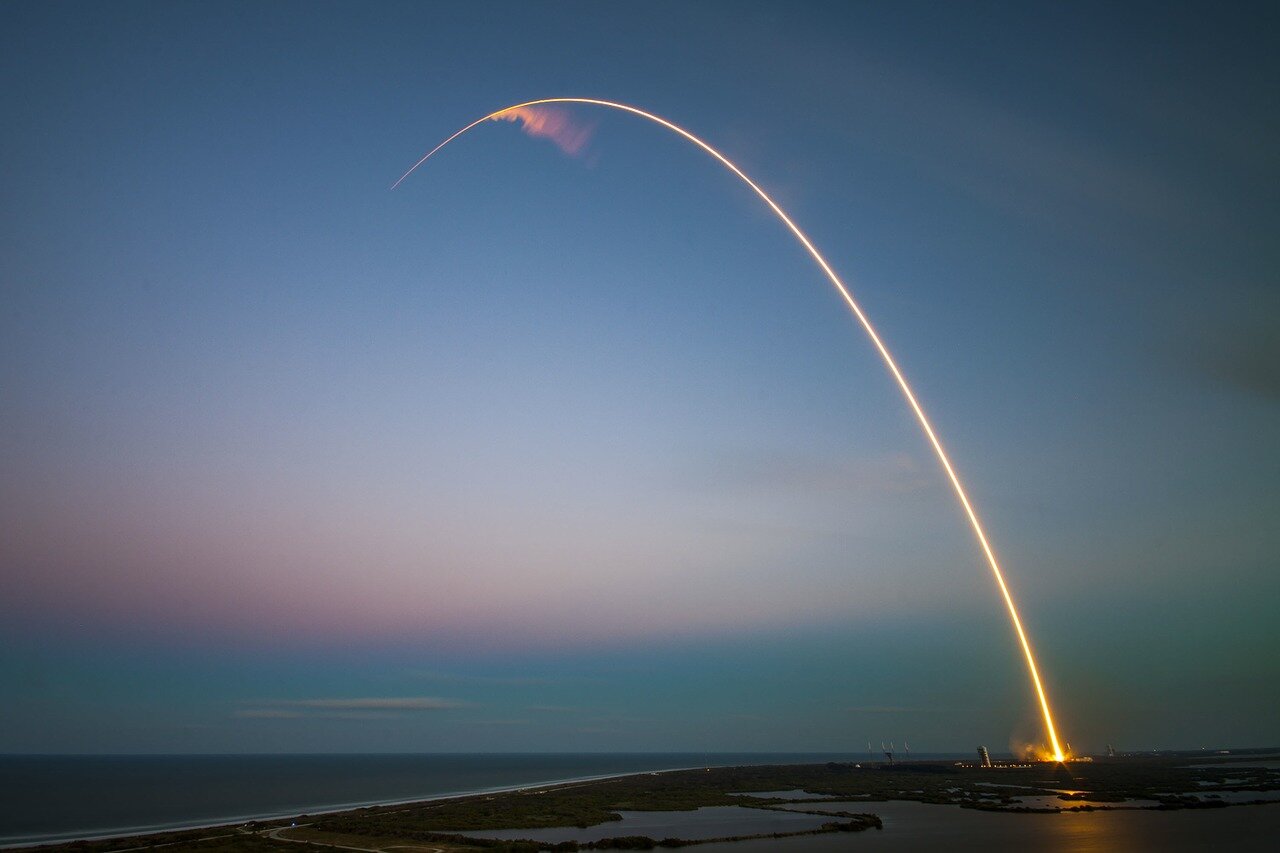Iran Satellite Launch Provokes Uncertainty in the International Community
By: Nathan Matsko
A streak after SES 9 launch, Cape Canaveral. Photo Source.
State College — Iran’s Revolutionary Guard has successfully launched a satellite into Earth’s orbit. The satellite, named “Noor” or light, has been designated a research satellite by US Space Command. General Jay Raymond, Chief of Space Operations, disclosed this on twitter, disregarding the satellite as nothing more than a “tumbling webcam in space”, and doubted Iran’s ability to collect any actionable intel with the satellite.
Reactions from other top government officials in the US were not so passive. Secretary of State Mike Pompeo has called the launch an act of aggression, and proof that Iran’s space program is military in nature.
Much of the outrage surrounding the satellite comes not because of the satellite itself, but the means used to get it into space. Israeli officials worry that the launch was merely a cover to expand Iran’s missile launch technology.
Israel also accused Iran of violating UN Resolution 2231, which was passed in support of the Iran Deal, also known as the Joint Comprehensive Plan of Action, in 2015. President Trump pulled the United States out of the deal in May of 2018 and reimposed sanctions that were lifted as per the agreement.
The satellite launch comes at a time of heightened tensions for Iran, Israel, and the United States. Just last week, US Navy vessels in the Persian Gulf were allegedly harassed by Iranian vessels, though Iran states that the US ships initiated the confrontation.
This led to a controversial tweet by President Trump, in which he ordered the Navy to “shoot down” any Iranian vessels which approached their ships. The US is also looking to extend an arms embargo on Iran that is set to expire later this year.
Meanwhile, Israel has been monitoring Hezbollah, Iran’s closest ally in the Levant, ever closer. Earlier this week, Israel launched several missiles from Lebanese airspace at targets near Syria’s capital of Damascus. The targets belonged to Hezbollah and Syrian government forces. Hezbollah has also accused Israel of assassinating several of its officers in recent months.
Iran’s satellite launch may seem like a strange move at this time to some, considering how COVID-19 has ravaged the country’s civilian population. Others see the launch as an act of defiance in the face of heightened tensions, embargos, and sanctions. This is not the first time that Iran has put a satellite into orbit — though several attempts have been marred by catastrophic failures — and it is not likely to be the last.

